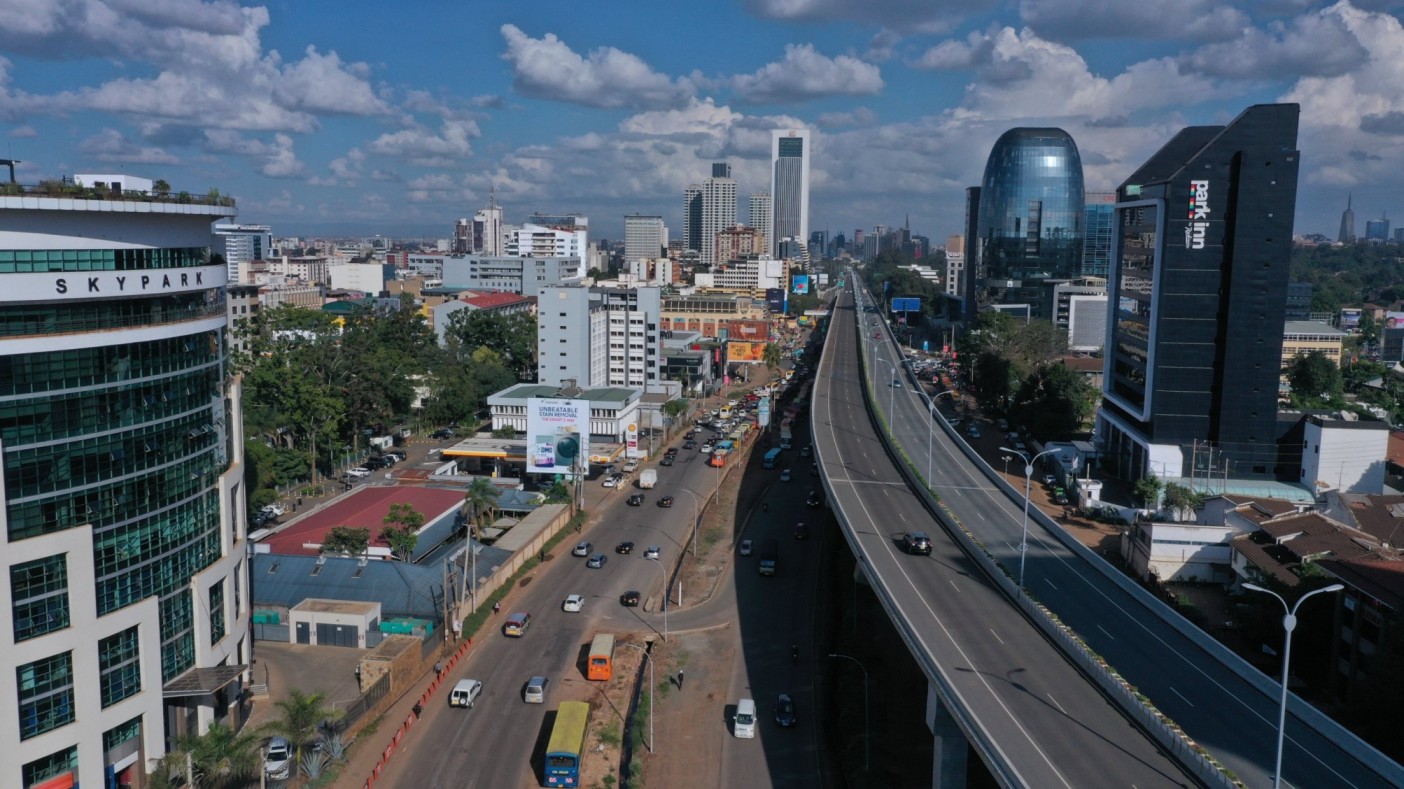Government pushes new road tolling policy to boost infrastructure funding

CS Chirchir said public participation had been conducted and Kenyans called for accountability in managing toll revenues, the system chosen, and the procurement of toll operators.
Transport Cabinet Secretary Davis Chirchir has outlined a new Road Tolling Policy that seeks to increase revenue for road infrastructure development through advanced tolling technologies and modern highway maintenance systems.
Speaking to the National Assembly’s Departmental Committee on Transport and Infrastructure, Chirchir said the policy will guide the selection and funding of road projects, provide a stable revenue stream for development and maintenance, attract private sector investment through Public-Private Partnerships (PPPs), promote transparency in toll operations, and support environmental goals by reducing congestion and carbon emissions.
“The Government seeks to prioritise development, maintenance, and rehabilitation of road infrastructure as envisioned in the Bottom-Up Economic Transformation Agenda (BETA) and Vision 2030. However, due to budgetary and financial constraints, there exists a significant deficit in road infrastructure financing, which necessitates the adoption of innovative mechanisms to raise additional funds to mitigate this funding gap,” Chirchir told the committee.
Committee chair Ndia MP George Kariuki said toll-free alternative routes must be available so Kenyans have a choice, noting that some areas lack viable alternative roads, which raises concerns over inclusivity and access. While supporting PPPs for faster development, the MPs urged the ministry to ensure transparency in contract terms, toll pricing, and maintenance standards.
“There is a need for integration of the public’s feedback into the ministry’s final policy, with a firm focus on affordability, access, equity, and transparency for ensuring the tolling system serves the broader public interest,” the committee said.
Chirchir said public participation had been conducted and Kenyans called for accountability in managing toll revenues, the system chosen, and the procurement of toll operators.
They also proposed toll exemptions for persons with disabilities, medical utility vehicles, and school buses. Other demands included shortening the policy review cycle from 10 years to five, creating a toll-sharing framework between national and county governments, more consultations on toll rates, and introducing discounts or toll-free days.
The CS explained that newly built or improved roads; including those with added lanes, upgraded safety measures, and better driving conditions, will be subject to tolls. Revenue will fund major projects such as the Rironi–Nakuru–Mau Summit Highway and the Nairobi–Mombasa Expressway, both under PPP models where private investors finance, construct, and operate the roads in exchange for toll income.
Currently, the Nairobi Expressway is the only operational tolled road in Kenya, but more are expected to join under the new framework. To qualify for tolling, projects must carry at least 5,000 vehicles daily and have significant freight activity.
Chirchir noted that earlier policies, including the Integrated National Transport Policy (2012) and the National Surface Transport Funding Policy (2016–2025), had already recommended sustainable financing options such as increasing the fuel levy, applying the “user pays” principle, taxing insurance premiums, and topping up with Exchequer funds.
A multi-agency technical working group was appointed in April last year to draft the Road Tolling Policy for parliamentary approval through a Sessional Paper. The CS said the document is still under review and could be amended further following parliamentary and Cabinet discussions.
“I urge the Committee to give their views, support this policy and any further amendments of the law that we shall be initiating to implement the policy,” Chirchir said.
